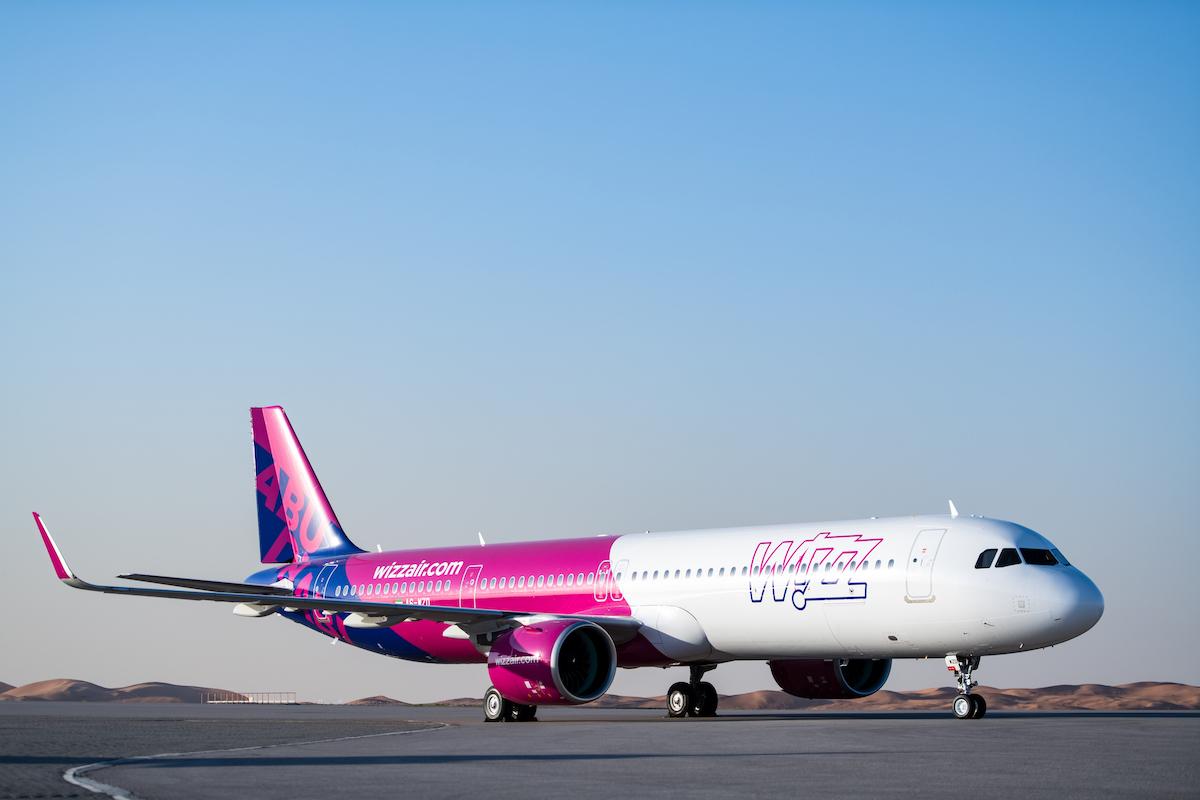
Wizz Air is eyeing potential expansion in Saudi Arabia to support the kingdom's ambitions to triple passenger traffic by 2030.
A memorandum of understanding (MoU) has been signed between the ULCC and the Saudi investment ministry, supported by a national air connectivity scheme launched by the country’s tourism ministry.
“The purpose of the MoU is to explore airline market development opportunities in the kingdom,” Wizz Air said in a statement.
The airline added that the agreement reflects “a shared vision between the parties” on the potential that Wizz Air could bring to the country to stimulate new demand.
“The parties will work together to enable potential investment and operating models to benefit and add to the Saudi Arabian aviation ecosystem, boosting its tourism industry and significantly increasing its connectivity,” Wizz Air said.
The Hungarian ULCC currently serves five countries in the Middle East, flying to Bahrain, Israel, Jordan, Oman and the United Arab Emirates. It launched Wizz Air Abu Dhabi in January 2021 through a joint venture with Abu Dhabi state holding company ADQ.
Saudi Arabia sees the growth of its aviation industry as an essential component of the Saudi Vision 2030, a strategic framework to reduce the country’s dependence on oil and diversify its economy.
Crown Prince Mohammed bin Salman believes the kingdom has the potential to become global aviation hub with investments of $100 billion by the year 2030. A new mega airport in Riyadh has been proposed, in addition to eight other airports distributed across the country.
Overall, the framework aims to increase passenger traffic to 330 million and connect Saudi Arabia with more than 250 destinations worldwide.
The country currently has 27 airports offering scheduled air service, 13 of which provide international flights. OAG data shows capacity during May 2022 totals some 5.2 million departure seats, compared with 5.9 million during May 2019 before the pandemic. About 51% of capacity is on domestic routes.
Wizz Air’s proposed entry to Saudi Arabia comes as LCC penetration continues to grow. Speaking in April, Jeddah-based flyadeal Con Korfiatis said the market is still “very immature” from a low-cost perspective. He added the potential of the kingdom’s aviation market is “mind-blowing.”
LCC flyadeal currently has a capacity share of about 12%, while counterpart Flynas has a share of around 15%. Flyadeal received six new aircraft during 2021, taking its fleet to 11 A320s and seven A320neos. It has received a further two A320neos this year, with 22 more on order.
